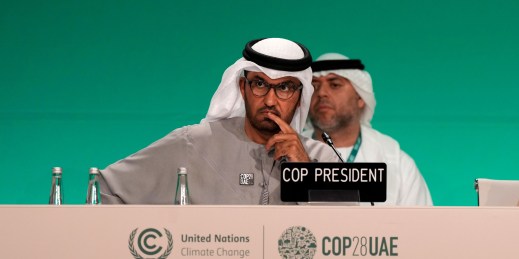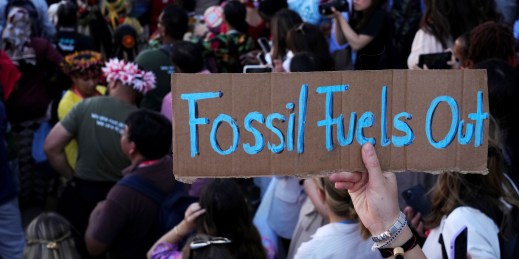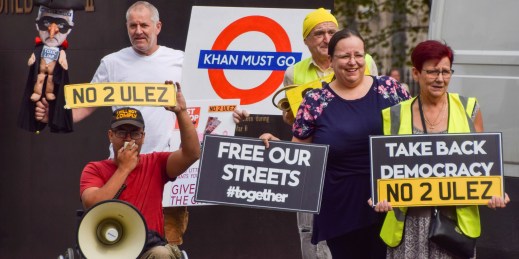
The U.N. COP28 Climate Change Conference concluded with a pledge to transition away from fossil fuels, the first such major multilateral agreement to call for signatories to do so. As a result, the pledge was heralded as a historic achievement. But does this actually mean that climate diplomacy has turned a corner?


